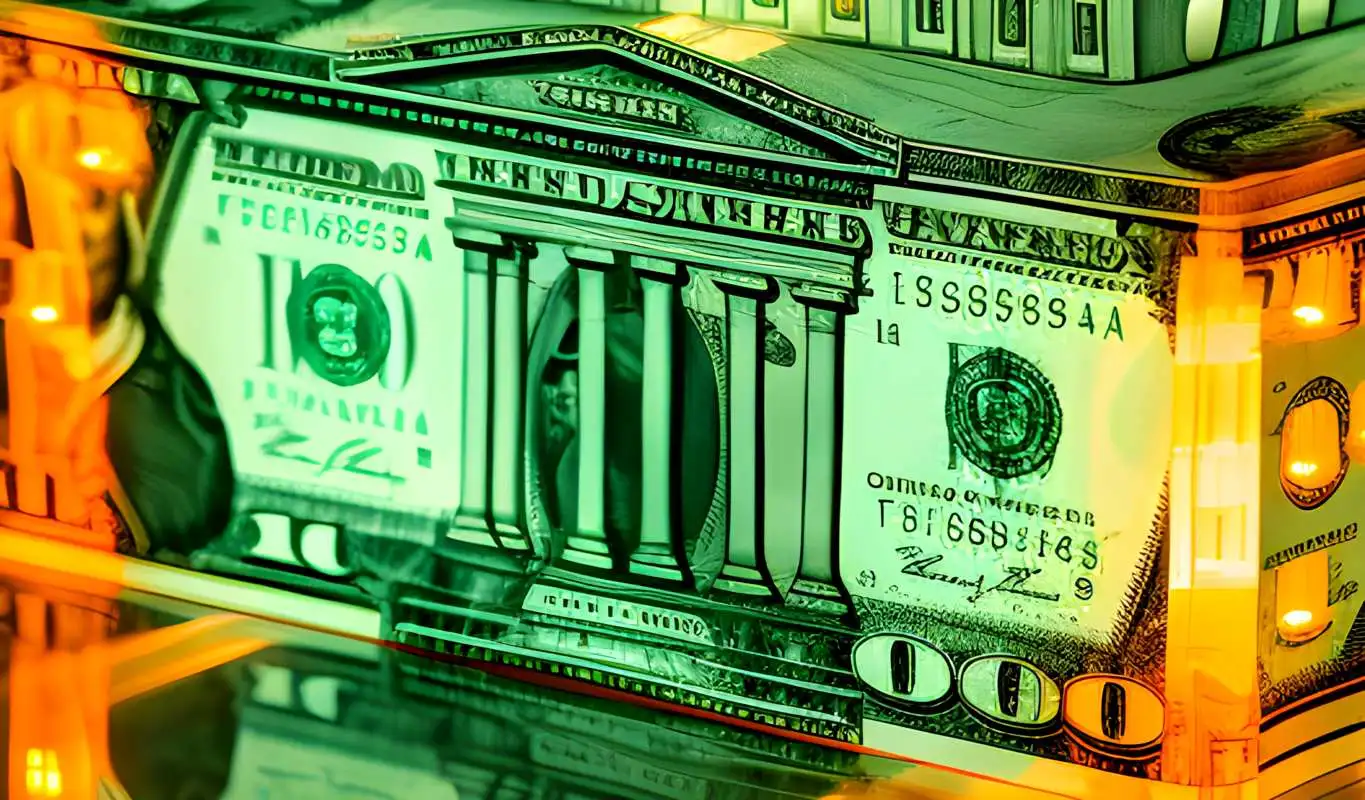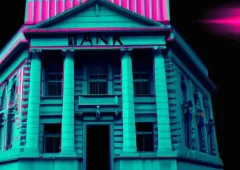Jerome Powell Issues a Warning on US Debt Crisis
15.07.2024 20:45 2 min. read Alexander Stefanov
Fed Chair Jerome Powell recently commented on the US national debt in a live interview with David Rubenstein, Co-Chairman of Carlyle Group.
During the interview, Rubenstein asked Powell what is the biggest economic challenge the USA faces – is it growth, inflation, or a potential hard landing?
Powell said that what’s keeping him up at night is the thought of balancing their decision – if they ease the rates too early they could undermine the progress on inflation. On the other hand if they wait too long they can undermine economic activity and expansion.
Rubenstein questioned the Fed Chairman about his opinion on the debt crisis the USA is currently facing – a $35 trillion outstanding debt and an additional up to $2 trillion a year.
Powell said that he is worried about the deficits they are running, but stated that it is not the Fed’s job to give advice to Congress.
What he did say was the USA are on an unsustainable path in the long term, which is one of the biggest issues for elected officials in Congress. He said that large deficits in time of full employment are the key reason for this unsustainable path and it is about time something is done about this.
Powell said that although the path is unsustainable, that doesn’t mean the same for the debt. To fix this he said that it would take a bipartisan effort.
-
1
U.S. Recession May Already Be Locked In, Economist Warns
23.06.2025 12:00 1 min. read -
2
Tom Lee Warns Fed Could Trigger Market Turmoil With Delayed Pivot
22.06.2025 19:00 3 min. read -
3
Trump Targets Fed Over Missed Rate Cut Opportunity
20.06.2025 9:00 1 min. read -
4
Fed’s New Projections Hint at a Slower Easing Cycle Through 2026
19.06.2025 15:00 2 min. read -
5
UK Inflation Stalls at 3.4%, Spotlight Shifts to BoE’s August Meeting
19.06.2025 9:00 2 min. read
Robert Kiyosaki Predicts When The Price of Silver Will Explode
Robert Kiyosaki, author of Rich Dad Poor Dad, has issued a bold prediction on silver, calling it the “best asymmetric buy” currently available.
U.S. PCE Inflation Rises for First Time Since February, Fed Rate Cut Likely Delayed
Fresh data on Personal Consumption Expenditures (PCE) — the Federal Reserve’s preferred inflation gauge — shows inflation ticked higher in May, potentially delaying the long-awaited Fed rate cut into September or later.
Trump Targets Powell as Fed Holds Rates: Who Could Replace Him?
Federal Reserve Chair Jerome Powell is once again under fire, this time facing renewed criticism from Donald Trump over the Fed’s decision to hold interest rates steady in June.
U.S. National Debt Surge Could Trigger a Major Crisis, Says Ray Dalio
Billionaire investor Ray Dalio has sounded the alarm over America’s soaring national debt, warning of a looming economic crisis if no action is taken.
-
1
U.S. Recession May Already Be Locked In, Economist Warns
23.06.2025 12:00 1 min. read -
2
Tom Lee Warns Fed Could Trigger Market Turmoil With Delayed Pivot
22.06.2025 19:00 3 min. read -
3
Trump Targets Fed Over Missed Rate Cut Opportunity
20.06.2025 9:00 1 min. read -
4
Fed’s New Projections Hint at a Slower Easing Cycle Through 2026
19.06.2025 15:00 2 min. read -
5
UK Inflation Stalls at 3.4%, Spotlight Shifts to BoE’s August Meeting
19.06.2025 9:00 2 min. read


